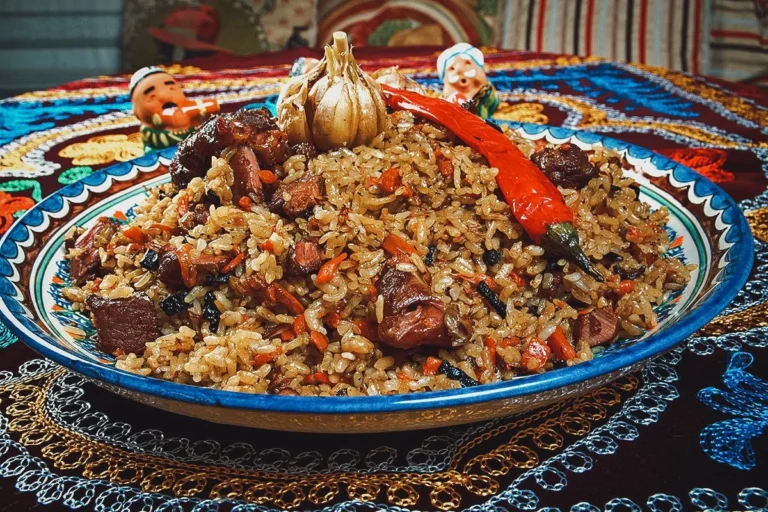Overview of Street Food in Uzbekistan
Uzbekistan is renowned for its delicious and diverse cuisine, and one of the best ways to experience it is through sampling street food. Street food in Uzbekistan is a popular option for locals and tourists alike, offering the chance to taste authentic dishes at affordable prices. However, concerns have been raised about the safety standards of street food, particularly for visitors unfamiliar with the local food culture.
Common Street Foods and their Risks
Some of the most popular street foods in Uzbekistan include kebabs, samsas, plov, and shashlik. While these dishes are delicious, they can carry some health risks if not prepared and stored correctly. Kebabs, for example, are often cooked over open flames and can be undercooked, leading to the risk of food poisoning. Samsas and plov may be reheated multiple times, increasing the risk of contamination. Additionally, street food vendors may not always follow food safety regulations, leading to the possibility of bacterial infection.
Hygiene Standards for Street Food Vendors
The Uzbekistan government has implemented strict regulations for street food vendors to ensure that food is safe for consumption. All vendors must carry a license and comply with health and safety regulations. They must also undergo regular inspections to ensure they are maintaining hygiene standards. Despite these regulations, it is important to note that not all vendors may be adhering to them, and it is crucial to be cautious when choosing where to eat.
How to Assess the Safety of Street Food
When assessing the safety of street food in Uzbekistan, there are several factors to consider. Firstly, look for vendors who are busy and have a high turnover of food, as this suggests that the food is fresh and newly cooked. Secondly, ensure that the food is cooked thoroughly and that the vendor is wearing gloves and using utensils to handle the food. Finally, take note of the general hygiene of the vendor’s stall and surroundings.
Risks and Precautions for Foreign Visitors
Foreign visitors may be more susceptible to food poisoning due to unfamiliarity with local cuisine and the potential for new bacteria. It is important to take extra precautions when eating street food in Uzbekistan, such as avoiding raw or undercooked meat, sticking to popular and well-established vendors, and carrying hand sanitizer or wet wipes for hand hygiene. It is also recommended to avoid drinking tap water and opt for bottled water instead.
Conclusion: Is Street Food Safe to Eat in Uzbekistan?
While street food is a great way to experience the unique flavors of Uzbekistani cuisine, there are some risks associated with it. However, by taking the necessary precautions and being mindful of hygiene practices, it is possible to enjoy street food safely. It is crucial to make informed choices about where and what to eat, and to always prioritize your health and well-being.


